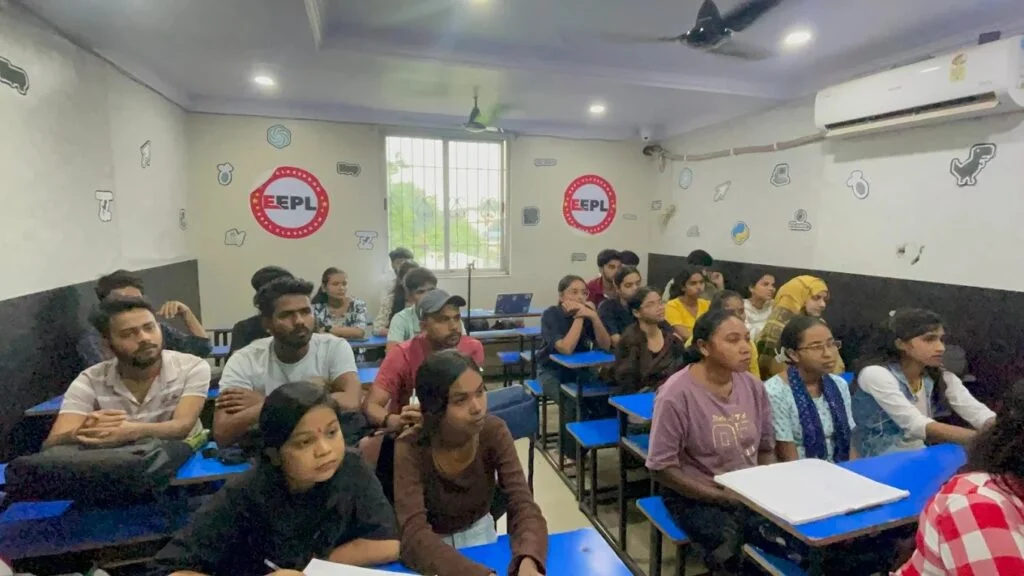1. Understand the Syllabus
- Download and review the latest CBSE Class 12 Physics syllabus.
- Divide topics into Units (Electrostatics, Current Electricity, Optics, etc.).
- Identify topics with higher weightage for exams.
2. Gather Study Materials
- Textbooks: Stick to the NCERT textbook for concept clarity.
- Reference Books: Use books like H.C. Verma or D.C. Pandey for deeper understanding and numerical practice.
- Previous Year Papers: Get past 10 years’ papers to understand the pattern and frequently asked questions.
- Sample Papers: Download sample papers provided by CBSE.
3. Create a Study Plan
- Daily Schedule:
- Dedicate 2-3 hours daily for Physics.
- Divide time between theory, numerical, and problem-solving.
- Weekly Targets:
- Cover one unit per week initially.
- Revise thoroughly on weekends.
- Allocate time for revision and mock tests closer to exams.
4. Build Strong Fundamentals
- Focus on Concepts: Read and understand each concept in the NCERT textbook thoroughly.
- Use Diagrams: Practice drawing and labeling diagrams (electric field lines, ray diagrams, etc.).
- Learn Definitions & Laws: Understand and memorize definitions, formulas, and laws with derivations (e.g., Coulomb’s Law, Ampere’s Law).
5. Practice Regularly
- Numerical Problems: Solve examples and exercises from NCERT. Move on to advanced-level questions.
- Derivations: Practice derivations repeatedly to ensure accuracy.
- Previous Year Questions: Focus on commonly repeated questions.
6. Focus on Key Chapters
Pay extra attention to high-scoring chapters like:
- Electrostatics & Current Electricity: Learn formulas and solve numericals.
- Optics: Practice ray diagrams and derivations.
- Magnetism and EMI: Focus on concepts like Faraday’s Law.
- Modern Physics: Easy to score; understand concepts like photoelectric effect, atomic structure.
7. Revise Regularly
- Formula Sheet: Prepare a concise sheet of all formulas and laws for quick reference.
- Revision Notes: Summarize key concepts from each chapter.
- Mock Tests: Take full-length mock tests to build confidence and time management skills.
8. Understand Exam Pattern
- The CBSE Physics paper is divided into:
- MCQs: Focus on conceptual clarity.
- Short Answer Questions: Practice concise and precise writing.
- Numerical Problems: Highlight the importance of step-wise solutions.
- Long Questions: Prepare key derivations and explanations.
9. Stay Consistent
- Study daily with focus.
- Avoid procrastination and distractions.
- Stay calm and confident.










